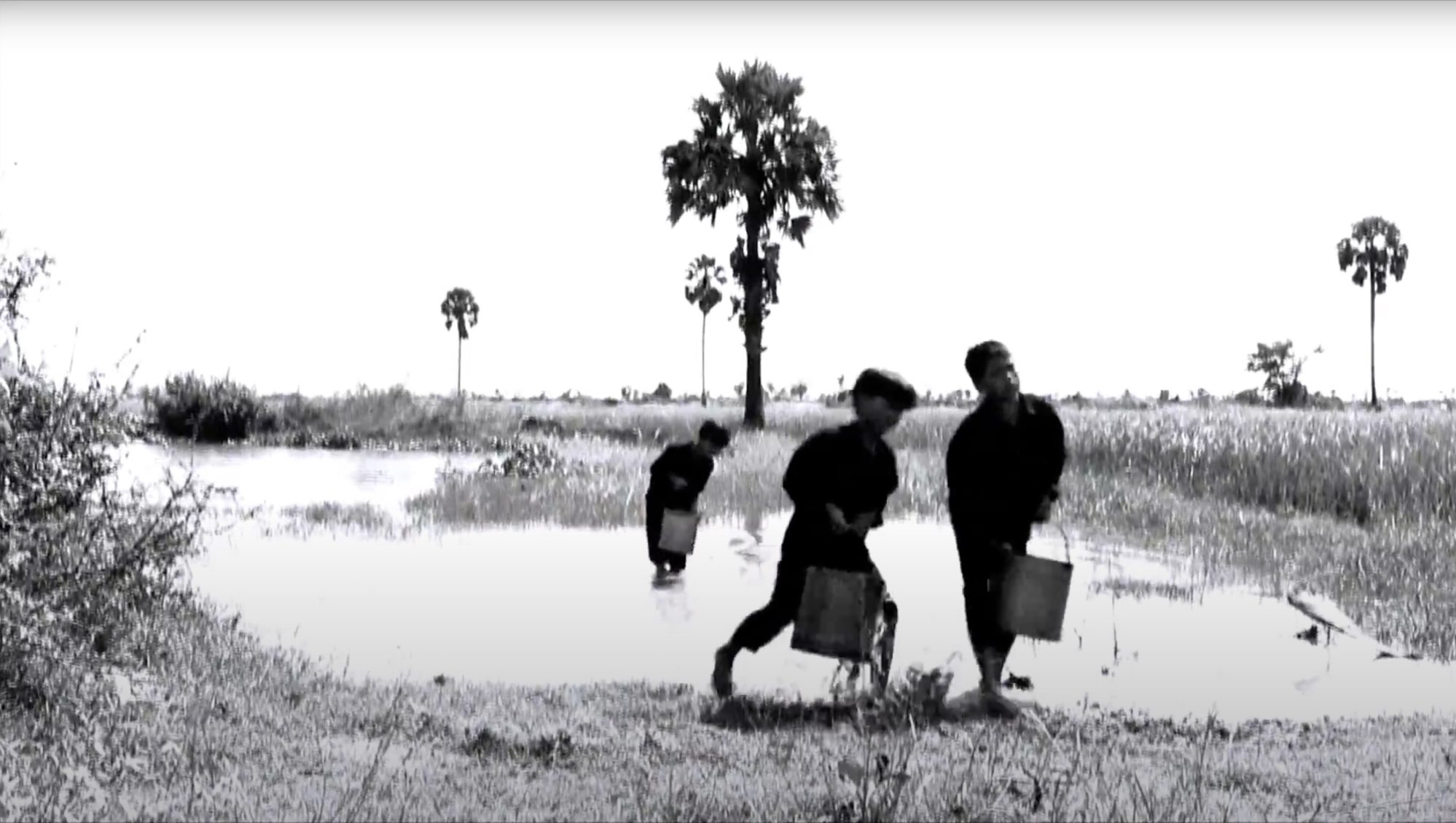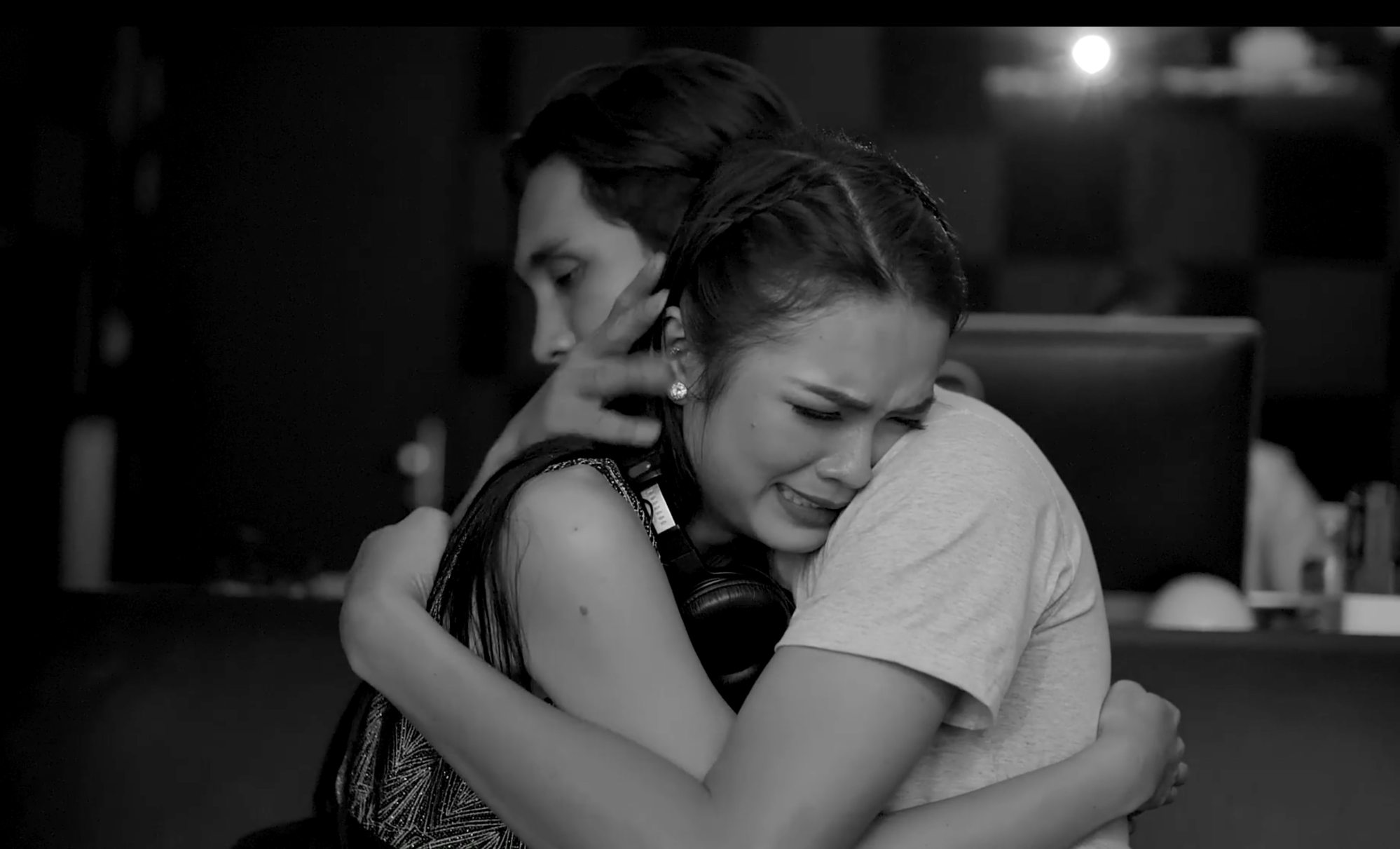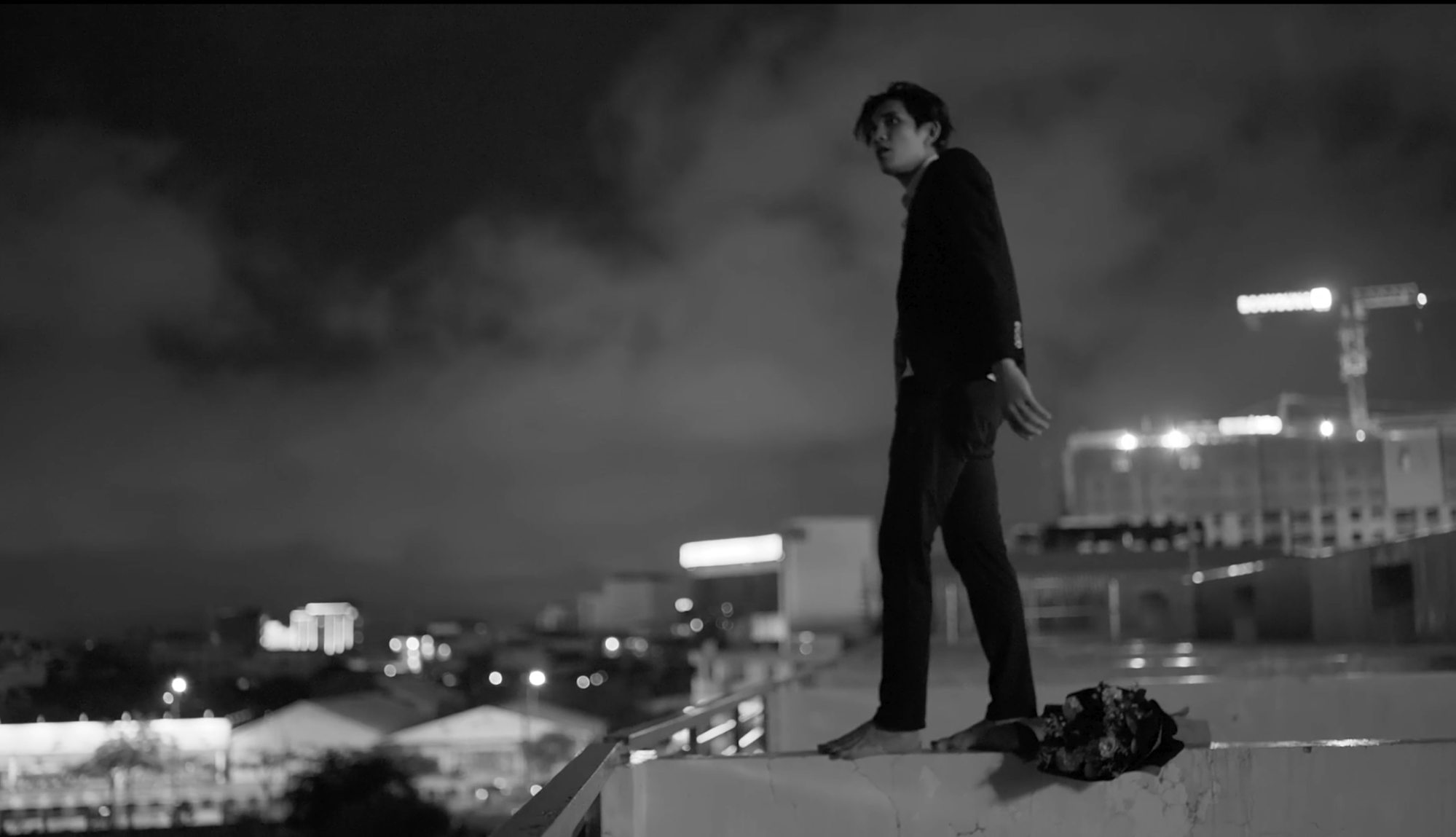Ines Sothea says few modern Cambodian television or cinema productions concern themselves with this appalling chapter of the country’s history.
It’s a tragic history, but when I heard stories of what the children did, it gave me an idea: why not tell it from their perspective?
So why did she make a film about a gang of five hungry countryside children, who scrabble in the dirt to steal and then cook precious grains of rice fallen from hessian sacks?
“I was a journalism student and I interviewed a lot of survivors, which got me interested in how they coped,” she says, on video from a cafe in Phnom Penh. “I could see, not the joy, but how fun it was for them, in contrast to what they had seen.
“It’s a tragic history, but when I heard stories of what the children did, it gave me an idea: why not tell it from their perspective?”
But in Rice, the fun is short-lived. The vindictive adult world catches up with the criminal quintet, who are taken away for punishment and “re-education”, while their indoctrinated fellow villagers enthusiastically parrot party lines.
“There were a lot of reasons why I made the film, [not least] my parents telling me how lucky I was to be born after the Khmer Rouge,” says the 34-year-old.

Rice was her first film, which, for a debut, did rather well, winning the best film award at the 2014 Tropfest South East Asia, a regional branch of the world’s biggest short film festival. A sequel is now in the works.
Ines Sothea’s short films, found most easily on Vimeo and YouTube, are often one-woman shows, at least behind the scenes: it is not unusual for her to be screenwriter, producer and director, but not out of choice.
“I really don’t want that!” she says. “But it can be hard finding producers for independent projects in Cambodia. If I have a story for a short film, I can put in my own money, so why not make myself producer as well? Most of my films, I put in my own money first.
“It is very hard to find funding,” she adds. “When I was starting I didn’t know the industry, and being a first-time filmmaker, I was too shy to ask people. And it’s not widely known here what a creative producer is.
“A lot of the time, if you want a film made, you have to write it, produce it, then if you start falling in love with your own script, go on to direct it.”

Ines Sothea has produced the work of other filmmakers and directed, written and produced Cambodian television and web series. Her short film Life. Love. Bliss. (2020), a bitter romantic drama set in a TV studio, draws on her experience of the small-screen world.
That, too, took home honours: the gold award for best film at the Cambodia National Short Film Festival 2022. One of her dreams is to direct a series for one of the major streaming services.
Her considerable credentials earned Ines Sothea a place at April’s International Film Camp, organised by the Asian Film Awards Academy and held at Sands China, in Macau. There, she was selected as one of eight filmmakers awarded HK$300,000 (US$38,400) each to make a short film pitched to an academy jury.

Her film, now in pre-production, is titled Homecoming Waves, which is set in a Cambodian fishing village near the Thai border, she says.
“A girl in her twenties goes home after eight years without any family contact. Where did she go? It’s a story about how she and the village have changed.”
Ines Sothea is also working on two feature films in development, which she is writing, one of which is a co-production with Nepal. But it seems that the terrors and privations of the Khmer Rouge era will, if not haunt her, remain a source of artistic inspiration.
“My dad was a boy from the countryside. He doesn’t speak much about how hard it was. Mum’s was more like a middle-class family and looked Chinese; my grandparents were of Chinese descent. She spoke a lot about how tragic it was.
“One time, they were told that at night they would be taken for ‘re-education’, meaning they would be killed, the whole family …” Sothea tails off.
“I have another short film coming up, about the Khmer Rouge. I’ve finished the final cut,” she says. “It’s 45 years later, when a victim meets the perpetrators.”
Ines Sothea is again writer, producer and director. “And it’s my own money too!” she says.

